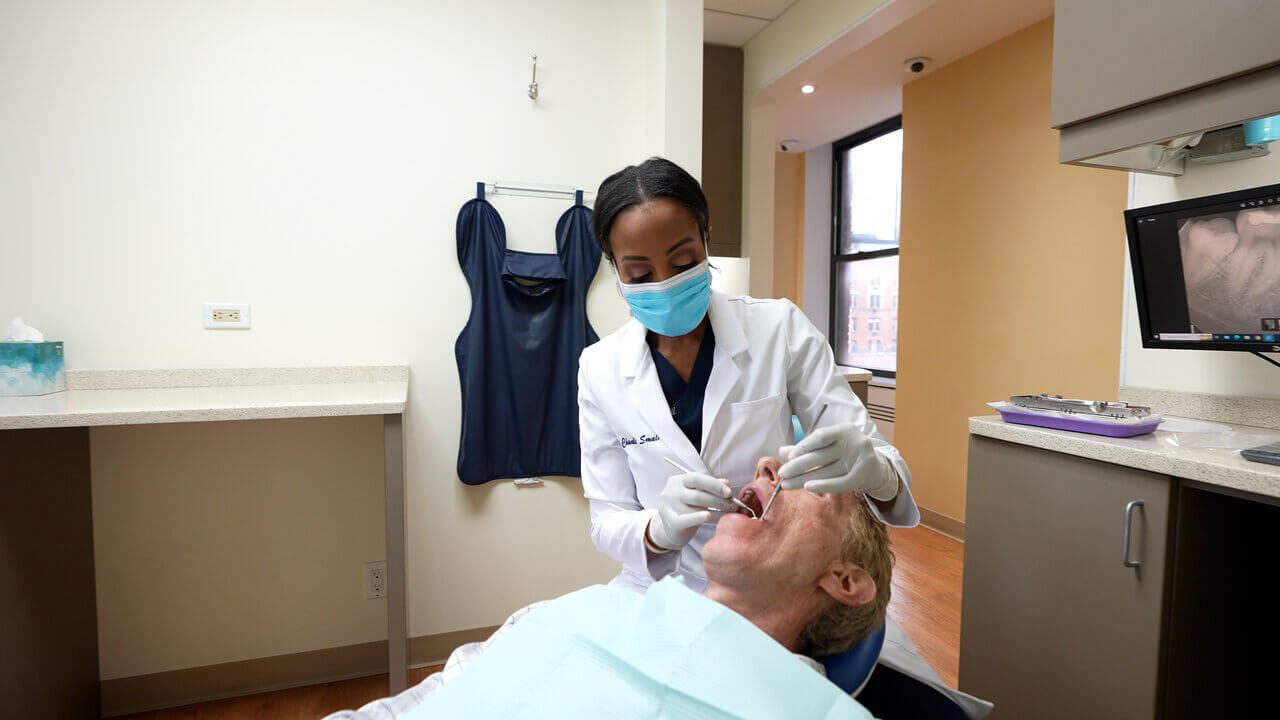Understanding Pain After A Root Canal: What’s Normal And When To Worry

If you’ve recently had a root canal or are about to get one, you might be wondering about the pain that can follow the procedure. While root canals are meant to relieve pain caused by an infection, some discomfort afterward is normal. Let’s break down what to expect after a root canal and how to know if what you’re feeling is part of the healing process or something that needs attention.
What Causes Pain After A Root Canal?
During a root canal, the inside of your tooth is thoroughly cleaned, and the damaged pulp is removed. Though the infection is gone, your body still needs time to heal. Here are a few reasons why you may feel pain after the procedure:
- Inflammation: The tissue around the tooth can become inflamed after the procedure. This is the body’s natural response as it heals. While the nerve inside your tooth is removed, there are still tiny nerves in the surrounding tissue, and they can cause mild discomfort.
- Sore jaw: Your mouth is open for a long period during the procedure, which can make your jaw feel sore. This soreness typically goes away after a few days.
- Bite misalignment: After a root canal, your bite may feel a bit off if the filling or temporary crown isn’t perfectly aligned. If this happens, it can put extra pressure on the tooth, leading to discomfort.
- Healing process: Even though the tooth is now free of infection, your body is still working to heal the area around the tooth. During this healing period, you might experience some tenderness or soreness.
What’s Normal After A Root Canal?
- Mild to moderate discomfort: Some discomfort for a few days after the procedure is completely normal. This can include sensitivity when chewing or biting down. Over-the-counter pain relievers like ibuprofen or acetaminophen are usually enough to manage this pain.
- Slight swelling: Mild swelling or tenderness around the tooth can happen. Any existing swelling will decrease within a few days. Antibiotics may be prescribed to decrease the swelling.
- Tender gums: Your gums may be sore around the treated tooth.
- Sensitivity to Pressure: The tooth may feel sensitive when pressure is applied. This happens because the tissue surrounding the tooth is still healing. This sensitivity typically subsides after a few days.
When Should You Be Concerned?
While some discomfort is normal, certain signs could indicate that something isn’t right. If you experience any of the following symptoms, it’s important to contact your dentist or endodontist as soon as possible:
- Severe pain: If your pain is intense and not improving after a few days, it could mean that the infection was not fully cleared or that there’s another issue, such as a cracked tooth.
- Swelling that doesn’t go down: While mild swelling is normal, if it persists or gets worse, it could be a sign of infection.
- Persistent sensitivity to temperature: If the tooth remains sensitive to temperature after treatment, that indicates that there is an issue with another tooth.
Tips For Managing Post-Root Canal Pain
- Take pain relievers: Over-the-counter medications like ibuprofen or acetaminophen can help ease the discomfort. Follow the dosage instructions on the package or as advised by your dentist.
- Avoid hard foods: For a few days, try to avoid chewing on the treated tooth. Stick to softer foods that won’t put pressure on the tooth.
- Brush and floss gently: While it’s important to keep your teeth clean, be gentle around the treated tooth and the surrounding area to avoid further irritation.
- Follow up with your general dentist: Don’t skip your follow-up appointment. Your dentist will check the healing process and determine if a permanent crown is needed to fully protect the tooth.
How Long Does The Pain Last?
Most people experience mild discomfort for a few days after a root canal. By the end of the first week, the pain should be significantly reduced. If your pain persists or worsens, it’s important to get in touch with your dentist.
Final Thoughts
Experiencing some discomfort after a root canal is normal, but it should improve within a few days. Your body is in healing mode, and the area around your tooth may be sensitive as it recovers. However, if you experience severe pain, swelling, or other concerning symptoms, don’t hesitate to reach out to your dentist or endodontist.
Taking care of your teeth and following your dentist’s instructions is key to a smooth recovery. Root canals are an important procedure to save your tooth and relieve pain, and with the right aftercare, you’ll be back to smiling comfortably in no time!
